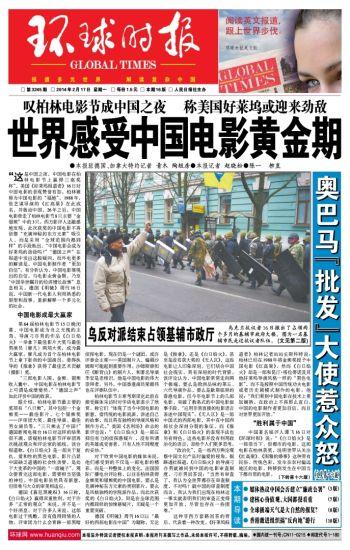女汉子
近来,网络上出现了“女汉子”这个热词,指性格脾气与行为举止向男性靠拢的女性。“女汉子”,英语可以译为 manly woman, masculine woman, masculine female。例如:1. 她是个女汉子,从来不穿裙子,不化妆,也不做女孩子气的事情。She is a manly woman and never wears a skirt or makeup, or does anything girly.2. 女汉子外表像女性,但是内里是个“纯爷们或像爷们”。A masculine woman looks feminine on the outside but is a “pure man or man-like” on the inside.3. 这个女汉子思维和行动都像男士,违背概念化的顺从、温柔的女人形象。The masculine female thinks and acts like a man in defiance of the stereotypical submissive, gentle woman.4. 有些年轻的中国女性将自己标榜为“女汉子”,以呼喊出自己的力量和独立性。 Some young Chinese women label themselves as “masculine female” to voice their own strength and independence.5. 中国许多现代女性在经济上独立,对抚养家庭负有责任,这造成“女汉子”的兴起。Many modern women in China are financially independent and responsible for providing for their families, fueling the rise of masculine women.6. “女汉子”现象说明现代中国社会正在调整其对女性的态度。The phenomenon of “manly woman”reveals that modern Chinese society is adjusting its attitudes towards women. “假小子”,英语可以译为 tomboy, tomboyish girl, tomboy-like girl, masculine girl, tough girl。例如:7. 假小子是表现出被认为有男孩子典型特点和行为的女孩子。A tomboy is a girl who exhibits characteristics or behaviors considered typical of a boy.8. 这个假小子真的很容易被误认成男孩。The tomboyish girl is really easy to get mistaken for a boy.9. 简是个假小子,她足够强悍,能够不需要男子保护而照顾自己。Jane is a masculine girl, and she is tough enough to take care of herself without a man.10. 这个假小子强壮、有独立性、而且能自我保护。 The tough girl is strong, independent, and capable of standing up for herself.▲(本栏目供稿:王逢鑫教授)

